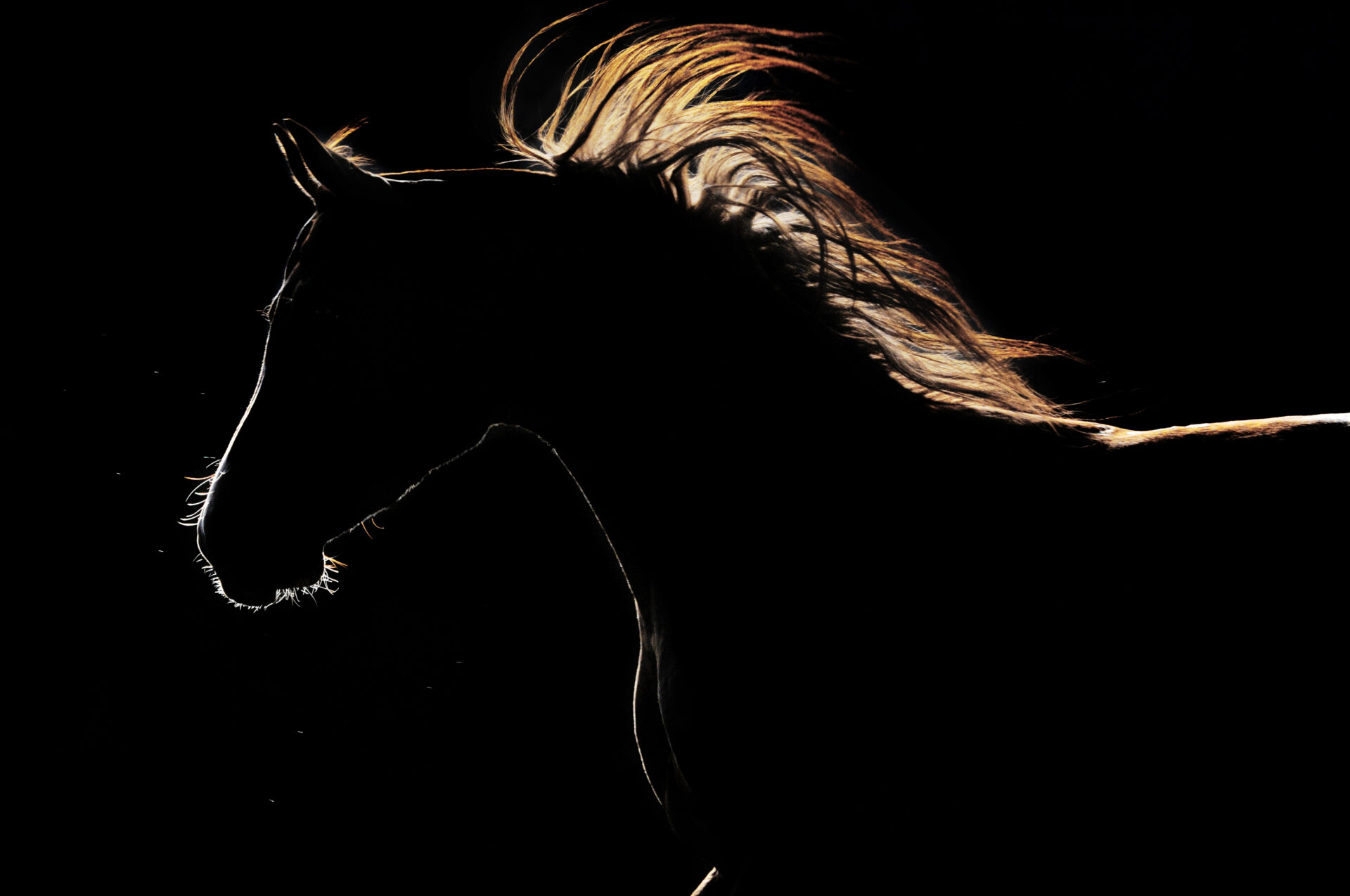
Oldest Horse Broke RECORDS and HEARTS!
Mokie, the oldest recorded horse and former therapy animal, passed away at age 40, leaving a legacy that redefines senior animal contributions.
At a Glance
• Mokie, an Arabian horse once owned by Burt Reynolds, lived to 40 years old.
• Recognized by Guinness World Records as the world’s oldest living horse in May 2025.
• Served as a therapy horse, providing comfort and emotional support to many.
• Mokie’s life exemplifies the meaningful roles senior animals can play in human well-being.
A Life Well-Lived
Born on February 21, 1985, on the Florida ranch of Hollywood star Burt Reynolds, Mokie—originally named Mohawk—captivated hearts through his extraordinary longevity and gentle spirit. Mokie lived with Reynolds until 1992, after which he was sold and eventually came under the care of Arica Dzama in Jupiter, Florida. Under Dzama’s devoted care, Mokie transitioned from a riding horse to a therapy animal, providing comfort and emotional healing to people facing various challenges.
On May 14, 2025, Guinness World Records officially recognized Mokie as the world’s oldest living horse at 40 years and 83 days old, a rare feat given the average equine lifespan. Although Mokie passed away on June 3, 2025, before the formal ceremony, his record and legacy remain enduring. Dzama described Mokie as a “special guy” who loved to eat, enjoy grooming, and shower affection with gentle kisses.
Watch a report: Mokie’s Life and Legacy
Oldest Living Horse, Once Owned by Burt Reynolds, Passes Away At 40
The Journey from Stardom to Therapy
Mokie’s early years on Burt Reynolds’s ranch brought a touch of celebrity to his story, but it was his later role that truly defined his legacy. After changing owners, Mokie found a permanent home with Dzama, where his gentle nature blossomed into a meaningful role as a therapy horse. His story illustrates not only remarkable longevity—equivalent to about 115 human years—but also the resilience and adaptability of senior animals.
Arabian horses are known for long lifespans, but Mokie’s 40 years far surpassed typical expectations. His recognition by Guinness highlighted the exceptional care Dzama provided and brought attention to the untapped potential of senior animals. Mokie’s story encourages a rethinking of aging animals’ roles beyond traditional expectations, emphasizing the importance of continued purpose and connection.
Impact on Animal Welfare and Therapy
Mokie’s life has inspired renewed interest in animal therapy programs and the welfare of aging animals. His legacy strengthens calls for compassionate care practices that honor the value and contributions of senior animals. The equestrian and therapy communities have been particularly moved by Mokie’s journey, recognizing how older animals can form deep therapeutic bonds and enrich human lives.
While Mokie’s story may have limited direct economic impact, the social and emotional influence is substantial. His life encourages empathy for aging animals and promotes the expansion of therapy programs that include senior animals, fostering enhanced well-being for both animals and humans alike. Mokie’s story serves as a lasting testament to the power of love, care, and connection across species and generations.